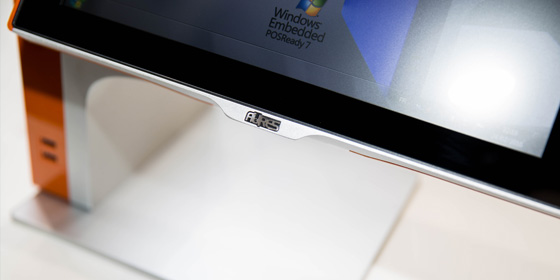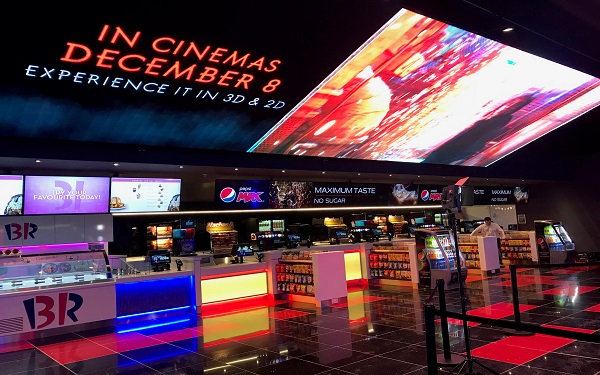The days when cinema operators needed to think about little more than the release date for the next Hollywood blockbuster as they plotted their revenue strategy are long gone.
The rise of on-demand streaming services vying for film aficionados’ attention means packed-out theatres are no longer guaranteed, and operators have to think a little more creatively about where their earnings come from.
The key appeal cinemas have over stay-at-home viewing, of course, is that going to the cinema is an event, a treat, something to do for family outings, date nights and more. Cinema-goers are willing to splurge a little for their entertainment. The question for cinema owners is how best to capitalise on this.
The trend in cinema design and management is therefore for venues that look beyond big screens and snack concessions, and instead focus on making cinemas all-round entertainment venues where patrons spend longer and spend more. It’s all about choosing the right adjacent services to add value to the main pull of watching a film. And POS has an important role to play in unlocking additional value.
Cinemas are looking to create additional revenue streams in a variety of ways. These include expanding on the traditional snack concessions selling popcorn, sweets and soft drinks for consumption during a screening with cafe, bar and restaurant settings that serve customers before and after a film.
Other ways to tempt cinema-goers into staying on the premises and spending more include introducing additional entertainment such as arcades, games and kid’s play areas. New revenue streams can be opened up by having stalls selling movie-related merchandise and memorabilia. And cinemas can further maximise the earning potential of premises by hosting pop-up events.
Creating choice, convenience and efficiency with POS
All of the above represent an expansion of the traditional cinema business strategy and a shift to a more multifaceted operation. In terms of the role POS can play, the obvious point is that having these additional concessions and services will mean managing a more varied and complex inventory, which will probably require more sales points on site. It means a step up in POS complexity for most cinema operators.
But beyond that, there are also important considerations around how these additional services can best be provided. And within that, there are opportunities to look at how POS can support and even optimise that provision by creating the right balance of choice, convenience and efficiency for customers.
For example, a key question for cinema operators going forward is getting the balance right between staffed POS and self-service options, and where they can utilise each for maximum impact. It has long been recognised, for example, that walk-up ticket sales can easily be handled by a self-service kiosk. Other potential uses for kiosks include following the QSR model of deploying them as ordering points at snack concessions to streamline and speed up service.
That’s a fairly straightforward improvement in customer experience that would rely mainly on extra throughput and/or automated cross- and up-sell opportunities to increase revenues. But POS technology can help to transform the CX for cinema-goers in more radical ways, too.
One example is at-seat service during a film. This could take the retro form of reintroducing ushers who roam the theatre, only now instead of carrying a limited selection of snacks, they could be armed with mobile POS terminals in tablet form and take orders and payment for anything available from the concessions outside for delivery to the seat. Or it could be on-seat mini-kiosks/ordering terminals, or even digital ordering platforms accessed from a customer’s phone.
Cinemas have the option of keeping such services as a ‘VIP’ option, and then being able to charge a premium for certain seats to boost revenues. And you can run with the ‘VIP’ theme and take it even further. What about, for example, a ‘personal attendant’ service where guests are welcomed by a dedicated member of staff at the door, who directly takes charge of all services for their entire visit – tickets, snacks, a table at the restaurant afterwards. All you’d need to make that work in a simple, effective, seamless way is a mobile POS.
All of these topics and more will be up for discussion at CineEurope 2024, hosted by global trade association the International Union of Cinemas (UNIC) in Barcelona from 17-20 June.




